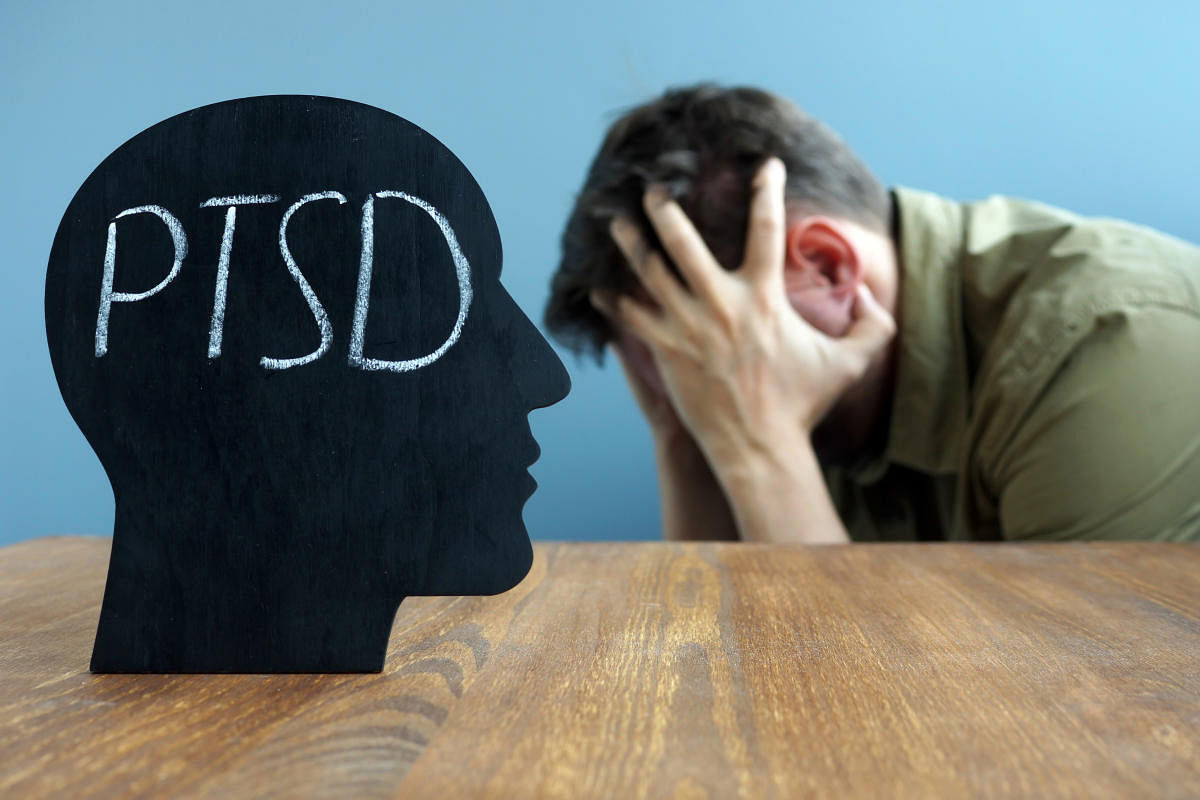
Random shootings, accidents, bomb explosions, sudden deaths, rape, and sexual assault are all traumatic events. No matter what type of an event it is, a traumatic event always comes out of the blue and is sudden, shocking and unexpected. It doesn’t have to cause physical injury for it to be traumatic. It shows us how fragile life is, and how little control we have, which leaves us feeling shocked, saddened, and vulnerable. It is important to remember that these reactions are completely normal. They are simply a normal person’s way of coping with an abnormal and unexpected event.
However, each person’s response to a traumatic event can be very different and personal. Physically, normal reactions to trauma manifest as headaches, nausea, stomach pain, tightness in the chest, muscle pain, general feeling of being unwell, listlessness, increased sensitivity to noise or people, pounding heart, rapid breathing, edginess, loss of appetite and increased dependency on smoking, drinking, drugs, among other things etc. Behaviourally normal reactions to trauma are an inability to concentrate, or make simple decisions, impulsive actions, or searching for quick fixes; irritability, anger, or violence; disturbed sleep or upsetting thoughts, dreams, and nightmares; loss of interest in one’s family, friends, and daily routine; changes in sexual interest; and loss of confidence, to mention just a few.
An incident doesn’t have to cause us physical injury for it to be traumatic for us, but after a traumatic incident one may start experiencing the world as a dangerous place, and it takes some time to recover one’s sense of equilibrium. There are three stages of reactions to a crisis, and everyone may experience them in varying degrees:
Stage One involves emotional reactions like shock, disbelief, denial, or numbness. Physically, one may experience a fight-or-flight survival reaction in which the heart rate increases, perceptual senses become heightened or distorted, and adrenaline levels increase to meet a real or perceived threat.
Stage Two is the impact stage, which may last from a few days to a few months, where one may feel a variety of intense emotions including anger, rage, fear, terror, grief, sorrow, confusion, helplessness, guilt, depression, or even withdrawal.
Stage Three is the reconciliation stage when one tries to make sense of the event, understand its impact, and through trial and error reach closure so that it doesn’t interfere with one’s ability to function and grow.
Intensity matters
While it is difficult to predict how an incident will affect any given individual, several factors influence the intensity of the trauma experienced. These include the duration of the event, the amount of terror or horror the victim experienced, the sense of personal control (or lack thereof) the victim had during the incident, and the amount of injury or loss the victim experienced (ie, loss of property, self-esteem, physical well-being, etc).
Most of us who have gone through traumatic events have some temporary difficulty, but with time and self-care, we usually get better. If the symptoms get worse, last for months or even years, and interfere with our day-to-day functioning, one may be suffering from a mental health condition called post-traumatic stress disorder (or PTSD as it is more commonly known).
Nothing trivial
PTSD symptoms may start within a month of the event, or may surface after several years. And, what may be traumatic for a child may be trivial for an adult. Children and teens can have extreme reactions to trauma, but their symptoms may not be the same as adults. Older children and teens are more likely to show symptoms similar to those in adults. They may also develop disruptive, disrespectful, revengeful or destructive behaviour, and may feel guilty for not preventing injury or deaths. They may also have thoughts of revenge.
If wondering how to deal with the symptoms of PTSD, help is available in the form of mental health professionals who may suggest medication or psychotherapy, or a combination of both.
However, remember that you are the same person you were before the event. Remember that the ghost that seems to be transforming you can be overpowered. Remember that there is light at the end of the tunnel.
(The author is Bengaluru-based counsellor)